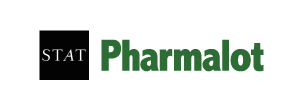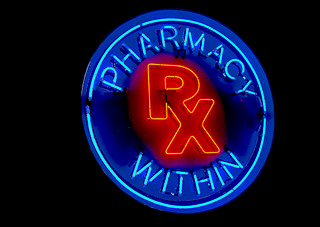For those concerned about the rising cost of pharmaceuticals, Congress is proposing some relief. The two-year budget deal proposed by lawmakers this week unexpectedly includes a provision that would require generic drug makers to pay additional rebates to state Medicaid programs for any medicine that increases in price faster than the inflation rate (see Section 602).
The move comes at a time of rising concern over drug prices. The cost of new medicines for hard-to-treat diseases, such as cancer and hepatitis C, worry public and private payers, who call them budget busters. And there is growing outrage at companies such as Valeant Pharmaceuticals and Martin Shkreli’s Turing Pharmaceuticals for buying drugs and then boosting the prices to sky-high levels.
Prices for generic drugs began to generate similar anxiety last year. During the third quarter of 2014, 37 percent of all generics sold through retail pharmacies increased in price more than in the previous quarter, according to Adam Fein of Pembroke Consulting. And in a small minority of cases, the prices for certain generic drugs rose by as much as 1,000% or more.
This prompted a pair of lawmakers – Presidential aspirant and Vermont Senator Bernie Sanders and Elijah Cummings, a Congressional Democrat from Maryland – to introduce identical bills last November calling for the same language that shows up in the budget deal.
At the time, they cited Congressional Budget Office data to contend the move would help save Medicaid an estimated $500 million over the next 10 years. Congressional sources familiar with the legislation explained that this is a portion of savings that could be generated by various programs to bolster Medicaid rebates.
Ironically, the overall price hikes for generic drugs appear to have slowed this year. Through September, prices rose 2.6 percent, considerably less than the overall 4.9 percent increase seen in 2014, according to a recent analysis by Truveris, a health care technology firm that tracks drug pricing. The firm analyzes claims data involving more than 300 million payments to US pharmacies for prescriptions.
In this year’s second quarter, the average increase was 2.6 percent, compared with an average increase of nearly 26 percent a year earlier, according to Pembroke. Of the drugs that increased in cost in the second quarter, more than 70 percent rose less than 10 percent. And 44 percent dropped in price. Notably,, not one generic drug rose in price by 1,000 percent or more, a phenomenon seen in 2014.
Not surprisingly, generic drug makers are upset, although to what extent it will alter their strategies remains unclear.
The “House proposal seeks in part to balance the budget on the backs of America’s vulnerable Medicaid population, and will reduce patient access to affordable generic medicines,” said Chip Davis, who heads the Generic Pharmaceutical Association, in a statement. “This budget deal will make it harder for generics to get to the market, meaning that for some patients the only option that will remain are high cost branded products.”
[UPDATE: A spokeswoman for Cummings sent us this: “I’m very encouraged that we were able to get this done.”]
 Print This Post
Print This Post




